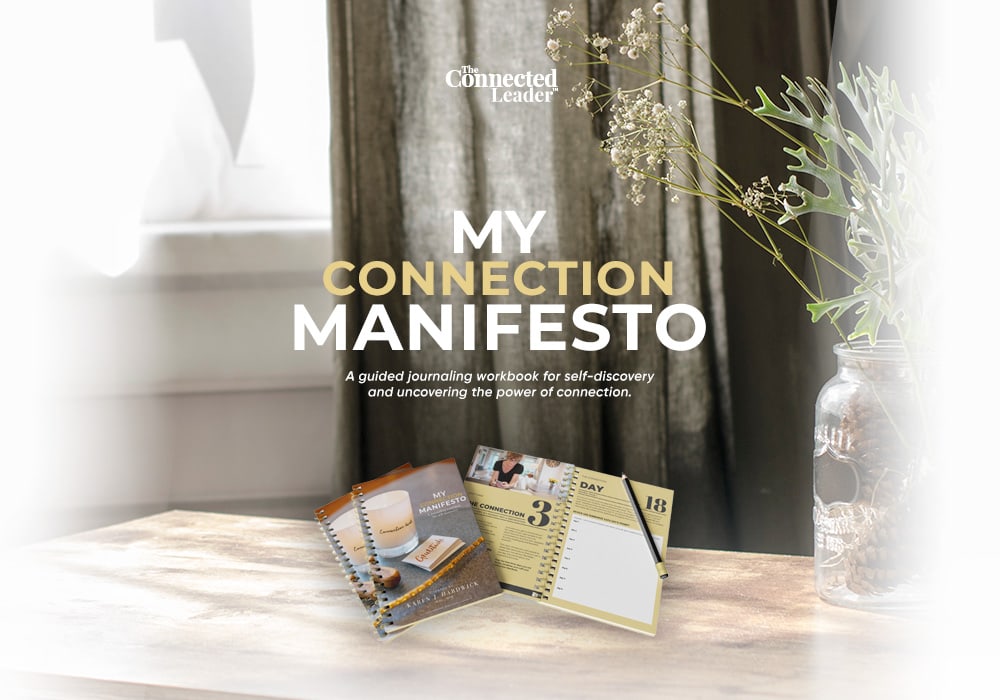One word popping up everywhere is “boundaries”. It sells stuff and so it is used … a lot.
Words – like boundaries – that are deeply meaningful can be overused, become psycho-babble, and be used to justify bad behavior. Sometimes “boundaries” are used recklessly to rationalize building an emotional wall or to punish other people in the name of self-care; clearly self-care is not a weapon to be used against others.
For boundaries to be healthy, they must spring from a courageous self-love that says we value ourselves and others so much that we do not tolerate unhealthy, destructive behavior. Healthy boundaries are usually created after deep dives into our own healing work. We need boundaries because sometimes we love or support others in ways that are unhealthy (tolerating damaging behavior while not knowing how to love ourselves).
So, let’s approach the concept of boundaries with a sense of reverence because they are so dang important … and emotionally, relationally, and spiritually intricate.
As someone who has overused my superpower of empathy many times in many ways, I understand firsthand the importance of knowing what is mine and what belongs to someone else. As someone who has played the role of caregiver from the time I was ten years old, I know how quickly the lines can get blurred between caring and rescuing, loving and fixing.
Learning to take my hand off of someone else’s steering wheel and give them the dignity of finding their own way, has been a lifelong journey for me. I am a frequent visitor in the landing of surrendering, folks, so here are five things I know for now:
- How we create or don’t create physical, relational, emotional, and spiritual boundaries is largely determined by intergenerational patterns: explore your family patterns
- Healthy boundaries flow from a deep sense of self rooted in a loving center; invest in tools that enhance self-connection
- Creating a boundary is not meant to punish; know that “no” is a holy word
- Boundaries are clear declarations of sacred, loving self-respect; nourish yourself
- Boundaries mean you believe in other’s ability to learn from their mistakes and have the dignity of their own journey; trust they will find their path
Net-net: boundaries help us to love ourselves while encouraging us to fulfill our healthy responsibilities to others. They are guidelines that help us to connect deeply to our authentic self, energize our souls, and love others so they can do the same.
Learning how to do this is a zigging-zagging, messy, one-day-at-a-time walk through humility.
So whether we are navigating relationships at home or in the workplace (View this article on hbr.org Set Better Boundaries), knowing our own boundaries is important to creating healthy connections. By being accountable for our own well-being and by owning our mistakes, boundaries become a living love letter to ourselves. Those around us take note. Believe me. Things change as a result.
During the seasons of our life when we are caring for people who need our help, as in the case of having young children or loving someone with a disability or disease, we need to be especially attuned to these things:
- what they can do for themselves
- how to find ways to fill our cup and practice radical self-care
- where we end and they start
So, I invite you to do this: find time every day to get in tune with and replenish yourself. This helps you create the sacred container that fuels your sense of self, separate from others so you can be there for your people in life-affirming ways. Find the deep, inner well inside; it will be from here that you tap into a spiritual connection and the ability to connect deeply with others.


